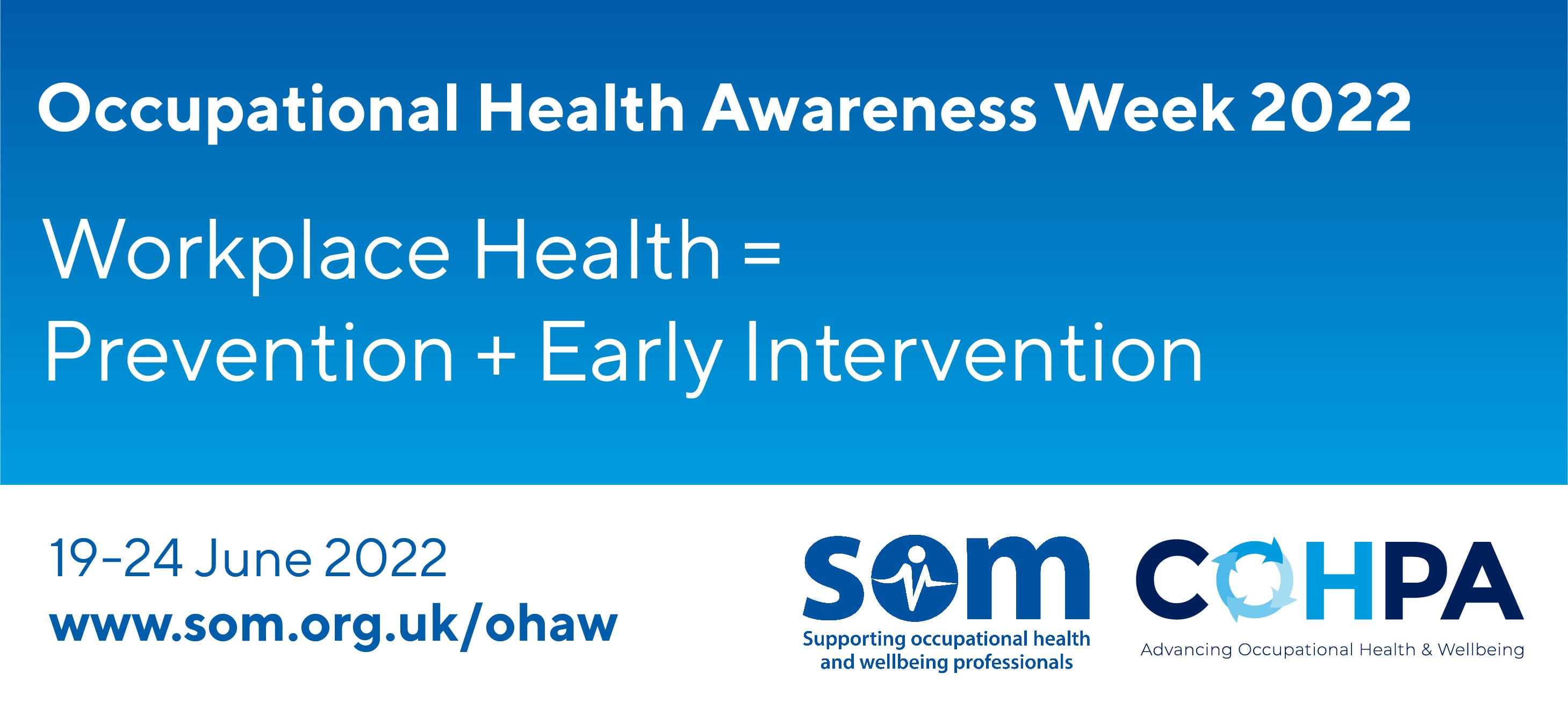
- New poll finds 68% UK adults think occupational health is important but just 10% believe some current workplace health & wellbeing services important
- Ill health cost £10.6 billion to UK businesses in 2018-19, with 1.7 million suffering work-related health conditions in 2020-21
- Business leaders urged to be more strategic and seek occupational health expertise
Businesses must urgently shift away from a reactive “DIY” culture when it comes to workplace health and seek expert occupational health guidance to avoid wasting time and resources, according to a new survey.
A YouGov survey launched during Occupational Health Awareness Week 2022 (19-24th June) found only a fraction of UK adults believe the health and wellness measures many businesses currently choose for employees are important, which experts believe is likely due to employers mismatching health and wellbeing services to employee needs and not sourcing relevant or appropriate service providers.
68% of survey respondents said that occupational health (OH) is important and 67% reported that they do or would find OH services in the workplace useful, but only a fraction thought that specific interventions were important. Access to health and wellbeing advice (11%) and counselling services (10%) rated low in importance for employee health among those surveyed, suggesting that businesses urgently need professional OH guidance to better meet employee needs and to source specialist service providers.
In the UK, companies often source their own health and wellbeing programmes without an OH strategy or the input of an occupational health practitioner. In April, CIPD’s Health and Wellbeing at Work report found that 87% of organisations offer employee health and wellbeing services but only 50% have a strategy, with 46% declaring that they do not have a formal plan and act on an ad-hoc basis.
Launching the YouGov survey, SOM and COHPA warned that companies who provide OH programmes without professional advice may be wasting time and resources.
Dr Jayne Moore, SOM President said: “From reducing absences to improving business performance, we have clear evidence that occupational health services make a significant difference. Looking at the survey results, it’s clear that employers are not making the most of occupational health expertise and are failing to provide what employees actually want and need. A reactive DIY approach to occupational health, which we know is prevalent among businesses in the UK, is wasteful and ineffective. Companies of all sizes should use professional occupational health guidance to develop a clear workplace health strategy in the boardroom and steer how they invest in employee health services.”
According to HSE statistics from 2020-21, 1.7 million workers were suffering from new or long-standing work-related health conditions, with 800,000 of these being work-related mental health issues and 500,000 being musculoskeletal disorders.
Pre-COVID-19 (2018-19) HSE statistics showed that workplace-related illnesses cost £10.6 billion to the UK, while injury cost £5.6 billion in the same period. In April 2022, Deloitte found that poor mental health costs UK employers up to £56 billion a year.
Alan Ballard, Chair of COHPA said: “From mental health to menopause, occupational health doctors and nurses have a wealth of experience and specialist knowledge that is currently underutilised by much of the private sector. Many business leaders feel like they are fire-fighting health issues as they arise, so bringing in an occupational health expert to assist with a more strategic and proactive approach will take that constant pressure out of their hands. Companies that take on a bespoke health and wellbeing strategy in collaboration with an occupational health provider will see improved employee health and a better bottom line.”
The YouGov survey also demonstrated that employees want workplace health to be led from the top. Key factors for employee health were work-life balance (76%), good management and leadership (66%), and good workplace culture (58%).
Lord David Blunkett, SOM Patron remarked: “It is encouraging that an increasing number of companies are investing in workplace health and wellbeing services, but employers need to ensure that their occupational health offering is effective and meaningful. By seeking professional guidance from an occupational health expert, business leaders can adopt a more strategic and impactful approach to improving employee health, and maintain reliability and ability to stay in the job.”
View the full survey results here and results by region here. Find out more about Occupational Health Awareness Week here.

